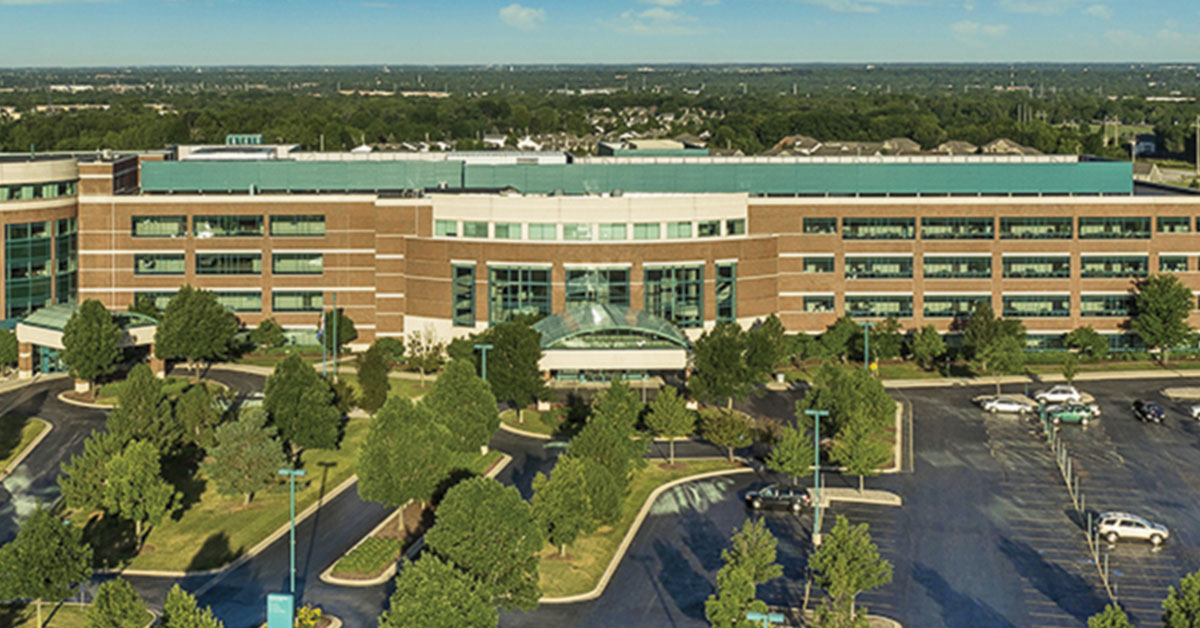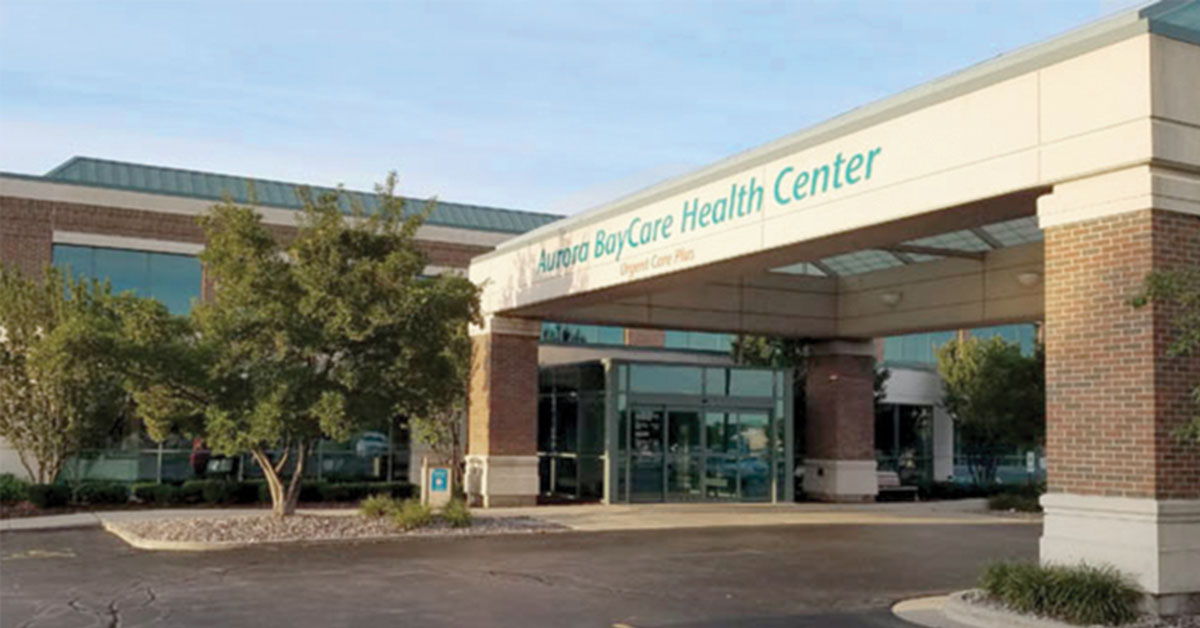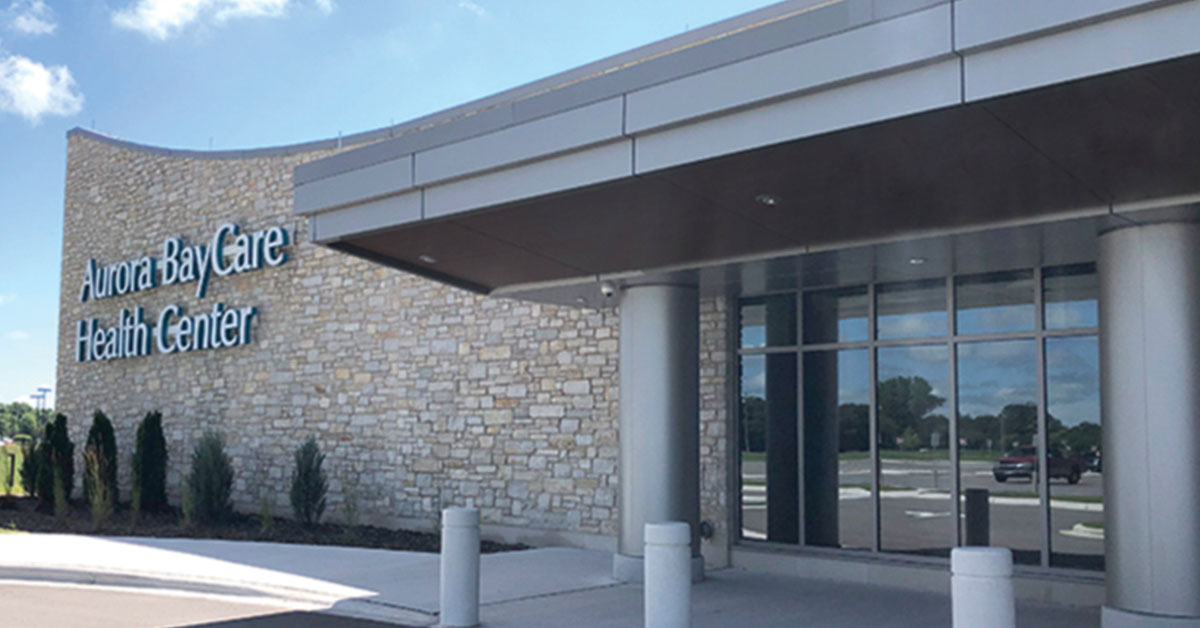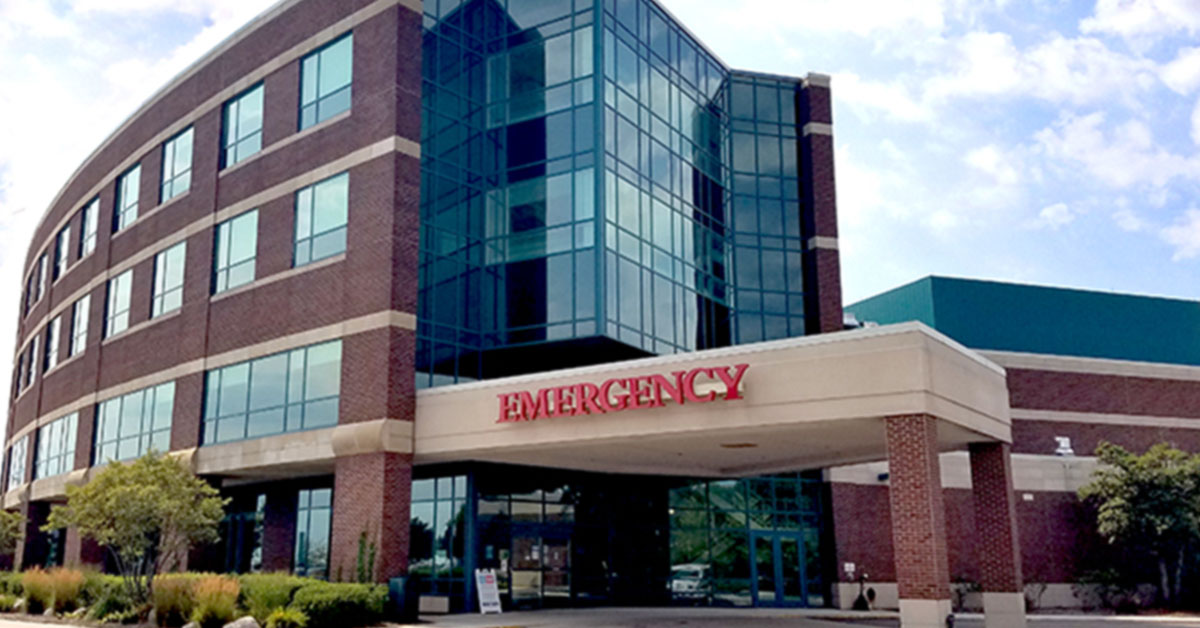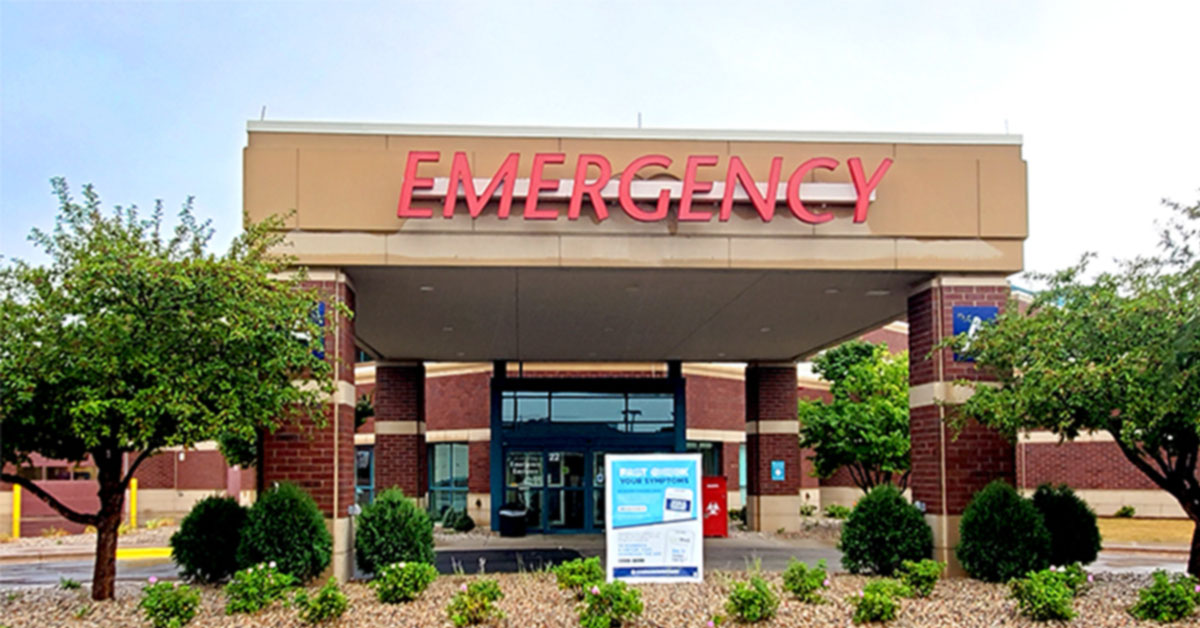Emergency Care
Emergency Medicine
Immediate, comprehensive and critical care
BayCare Clinic Emergency Physicians treats a wide range of concerns that includes acute illnesses, traumatic injuries and life-threatening conditions.
If needed, BayCare Clinic Emergency Physicians have immediate access to a wide range of highly skilled specialists, including trauma surgeons, critical care specialists, neurosurgeons, cardiologists, orthopedic surgeons, plastic surgeons, eye surgeons, radiologists and anesthesiologists.
We use state-of-the-art communication systems with emergency and ambulance personnel from throughout northeastern Wisconsin and the Upper Peninsula of Michigan. That often provides a thorough understanding of a patient's medical condition before they reach emergency facilities.
When to seek emergency care
Visit an emergency department or dial 9-1-1 immediately if you experience any of the following:
- Chest pain
- Seizure
- Severe cuts or lacerations
- Slurred speech
- Traumatic eye injury
About the Level II Trauma Center in Green Bay
Aurora BayCare Medical Center in Green Bay is a certified Level II Trauma Center, one of three such facilities in northeastern Wisconsin. Certification is gained by meeting criteria established by the American College of Surgeons.
Level II trauma centers can initiate definitive care for all injured patients. They offer:
- 24-hour immediate coverage by general surgeons, as well as coverage by orthopedic surgeons, neurosurgeons, anesthesiologists, emergency medicine specialists, radiologists and critical care specialists.
- Referral to a Level I trauma center if needed. There are three such facilities in Wisconsin, in Milwaukee and Madison.
- Trauma prevention and continuing education programs for staff.
- A comprehensive quality assessment program.
Aurora BayCare Medical Center was the first U.S. hospital to be verified as an Emergency Center of Excellence. Patients see an emergency physician in an average of 15 minutes after arrival, far lower than the national average of 46 minutes.
What is critical care?
Critical care is provided when an illness or injury so impairs vital organ systems that the patient may die without immediate intervention. Critical care specialists make complex and rapid decisions to evaluate the patient and provide treatment to prevent organ system failure. Critical care situations include failure of the circulatory, central nervous, renal, hepatic, metabolic or respiratory systems.
What is intensive care?
Patients admitted to an intensive care unit are critically ill. They need life-saving efforts and usually require support to keep major body functions working properly.
